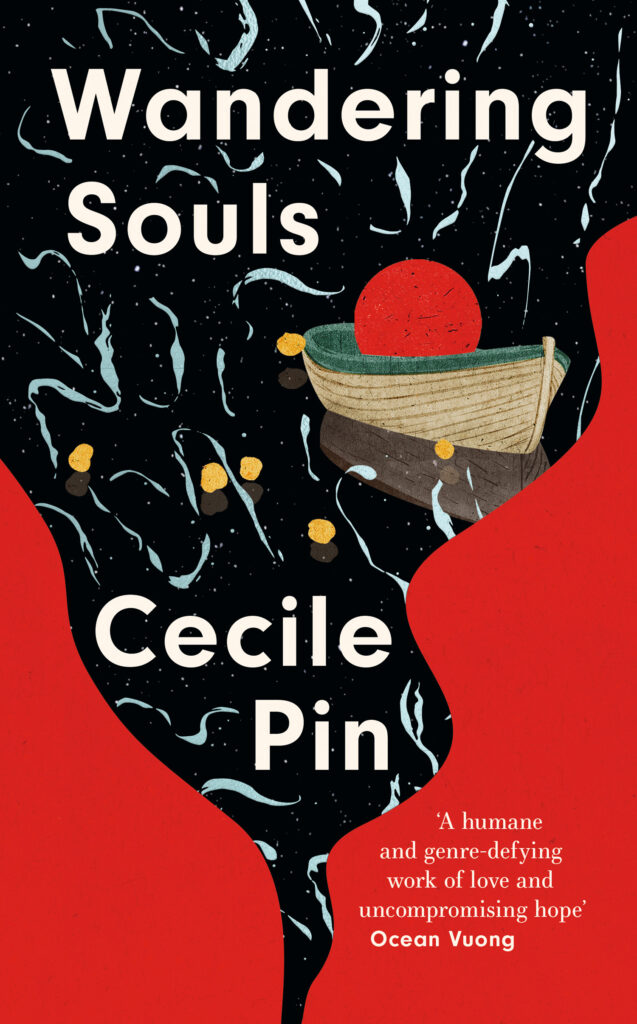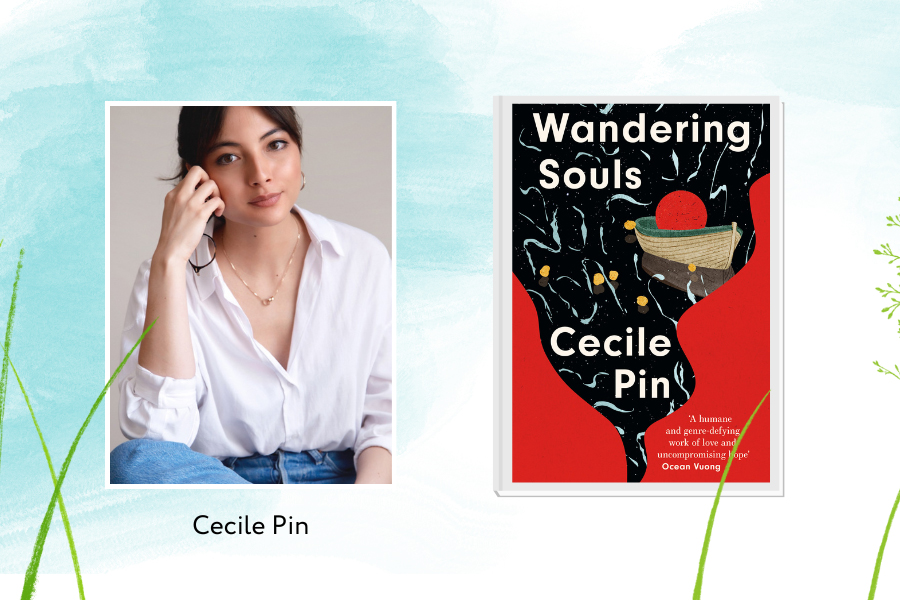Meet Cecile Pin, author of the Women’s Prize 2023 longlisted novel Wandering Souls.
A book The Times called ‘a bold debut that breaks new ground in telling the story of the Vietnamese “boat people” who landed in Britain, a neglected subject in fiction — until now.’
The premise of this book is powerful and unique, so what was the inspiration behind the novel? We grabbed a quick five minutes with each of the authors behind the longlisted books to ask that question and more…
Describe your novel in one sentence as if you were telling a friend.
Wandering Souls follows three siblings who leave Vietnam after the war and find themselves in Thatcher’s Britain, having to build new lives from scratch while dealing with grief.
What inspired you to write Wandering Souls?
The book is partly inspired by my maternal family’s story, who were Vietnamese boat people that settled in France. I wanted to set the book in the UK as I realized there were very few books exploring the Vietnamese diaspora in this country that has been my home for almost ten years.
Are there any locations that have a special connection for you or your book?
Vietnam and England both have special meanings to me, as the former is where my family is from, and the latter is where I live. I set the second half of the book in South East London as it’s where I’ve been living for the past few years and where I wrote the book.

Which part of the book was the most fun to write? Which was the most challenging?
The Dao parts, written from the perspective of the protagonists’ deceased little brother, allowed me to play with form and language in a way that was quite freeing and fun. The parts that involved the most research, such as the ones that take place in refugee camps, were probably the most challenging and mentally draining to write. They dealt with a harrowing subject matter, and I felt the responsibility to make those parts as accurate as possible. The parts that involved the most research, such as the ones that take place in refugee camps, were probably the most challenging and mentally draining to write as they dealt with a harrowing subject matter and because I felt the responsibility to make those parts as accurate as possible.
Which of the characters from the book would you most like to spend a weekend away with and why?
Probably Jane, who is a character around my age also interested in learning more about the history of Vietnamese boat people. We would probably have a lot to talk about!
What first inspired you to write?
I think I always knew I would end up writing about my family history in some way, but at first, I was more interested in writing non-fiction essays and features. I enjoyed creative writing at school, but it wasn’t something I ever thought I could do for a living: I lacked the confidence. But by working in publishing (I used to work as an Editorial Assistant) and reading a lot, the process of writing fiction became less daunting to me.
What is the best piece of writing advice you have received?
I think there’s often a set of expectations of what writers, and especially POC writers, should read and be influenced by. I interviewed a writer a few years ago who told me not to let other people dictate what I should be reading or writing: to give myself the freedom to be influenced by anything and anyone that appealed to me. And that was an incredibly liberating piece of advice.








